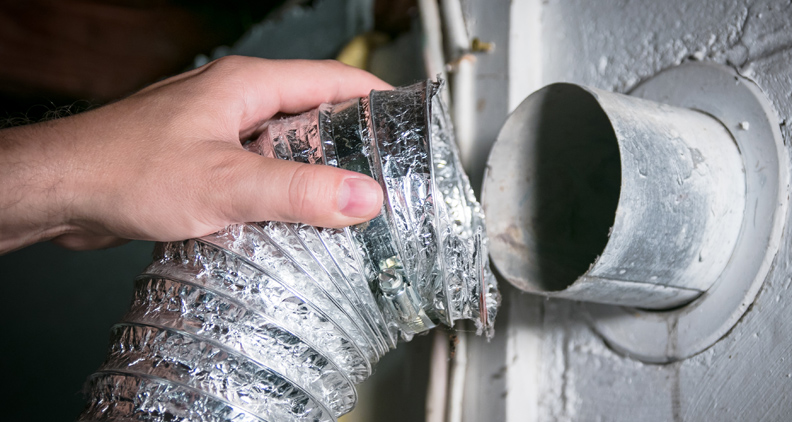If you’re wondering what is the cheapest HVAC system, you’re not alone. Many homeowners and business owners are searching for ways to reduce their heating and cooling costs. With an array of options available, making the right choice can be daunting. This article delves into the most affordable HVAC systems while providing insights tailored to your needs.

The Importance of an Affordable HVAC System
Managing the cost of an HVAC system is crucial for both new installations and replacements. Reducing initial setup costs and curbing long-term energy consumption are significant factors influencing this decision.
Why Cost Shouldn’t Compromise Quality
While you might be tempted to select the cheapest option available, it’s vital to consider quality and efficiency. An inexpensive, low-quality system might result in increased maintenance costs and energy bills, nullifying any initial savings.

Types of HVAC Systems
Central Air Conditioning Systems
Central air conditioning systems are widely known and used. They work through a network of ducts to deliver cool air throughout your home. However, upfront costs and maintenance might make them less attractive for those seeking the most affordable option.
Window Air Conditioning Units
Window air conditioning units are a popular cheaper alternative. These units are easy to install and require minimal maintenance. However, they are generally only effective for small spaces.
Mini-Split Systems
Mini-split systems, also known as ductless systems, offer a middle ground between efficiency and cost. They provide benefits similar to central air systems but without ductwork, making them relatively easier and cheaper to install.

Geothermal Heat Pumps
Geothermal heat pumps utilize the earth’s temperature to heat and cool your home. These systems can be costly initially but may offer substantial savings over time due to their high energy efficiency.
Pros and Cons
While geothermal heat pumps are energy-efficient, their installation costs can be prohibitive. They are an excellent long-term investment for those who can afford the initial expenditure.
Cost Breakdown of Different Systems
Installation Costs
Installation costs vary significantly between systems. Central air conditioning and geothermal heat pumps usually have higher setup costs, whereas window units and mini-split systems are relatively affordable.
Maintenance and Running Costs
Running costs also vary. Systems like central air conditioning can be more expensive due to energy consumption and maintenance needs, while mini-split systems and window units offer lower running costs.
Energy Efficiency and Long-Term Savings
Finding the Balance
Finding a balance between upfront costs and long-term energy savings is critical. Opting for energy-efficient systems, even if they’re slightly costlier initially, can result in long-term financial benefits.
Systems with the Best ROI
Systems like geothermal heat pumps and mini-split systems usually offer the best return on investment through reduced energy bills and maintenance costs.
Factors to Consider When Choosing an HVAC System
Climate
The climate in your region plays a significant role in determining the most cost-effective HVAC system for you.
Energy Efficiency Ratings
Energy efficiency ratings, such as SEER and HSPF, can guide you in selecting an energy-saving system that meets your budget.
Government Rebates and Tax Credits
Taking advantage of government rebates and tax credits can significantly offset the cost of a new HVAC system, making more expensive but efficient options more accessible.
How to Apply
Research local and federal programs offering rebates or tax credits for energy-efficient HVAC systems. This can provide substantial savings on upfront costs.
Installation Tips for Affordable HVAC Systems
Proper installation is crucial for your system’s efficiency. Ensure it’s installed by licensed professionals to avoid potential issues down the line.
DIY vs Professional Installation
While DIY installation might save money initially, professional installation ensures your system operates at maximum efficiency, providing long-term savings.
Additional Features to Consider
Look for HVAC systems with programmable thermostats and energy-efficient settings to further reduce operating costs.
Smart Thermostats
Smart thermostats adjust HVAC operation based on your schedule, reducing energy consumption and saving money.
Conclusion
So, what is the cheapest HVAC system? The answer hinges on your specific needs and long-term goals. While window units offer a quick fix for tight budgets, systems like mini-splits and geothermal heat pumps provide excellent long-term value. Investing wisely in an energy-efficient system can result in tremendous savings and a comfortable living environment.
FAQs
What is the most cost-effective HVAC system for a small home?
For small homes, window air conditioning units or mini-split systems provide the most cost-effective solutions.
Are geothermal heat pumps worth the initial cost?
While the initial cost is high, geothermal heat pumps offer significant long-term savings through reduced energy bills.
Can I install an HVAC system myself to save money?
Although possible, professional installation is highly recommended to ensure efficiency and longevity, saving money in the long run.